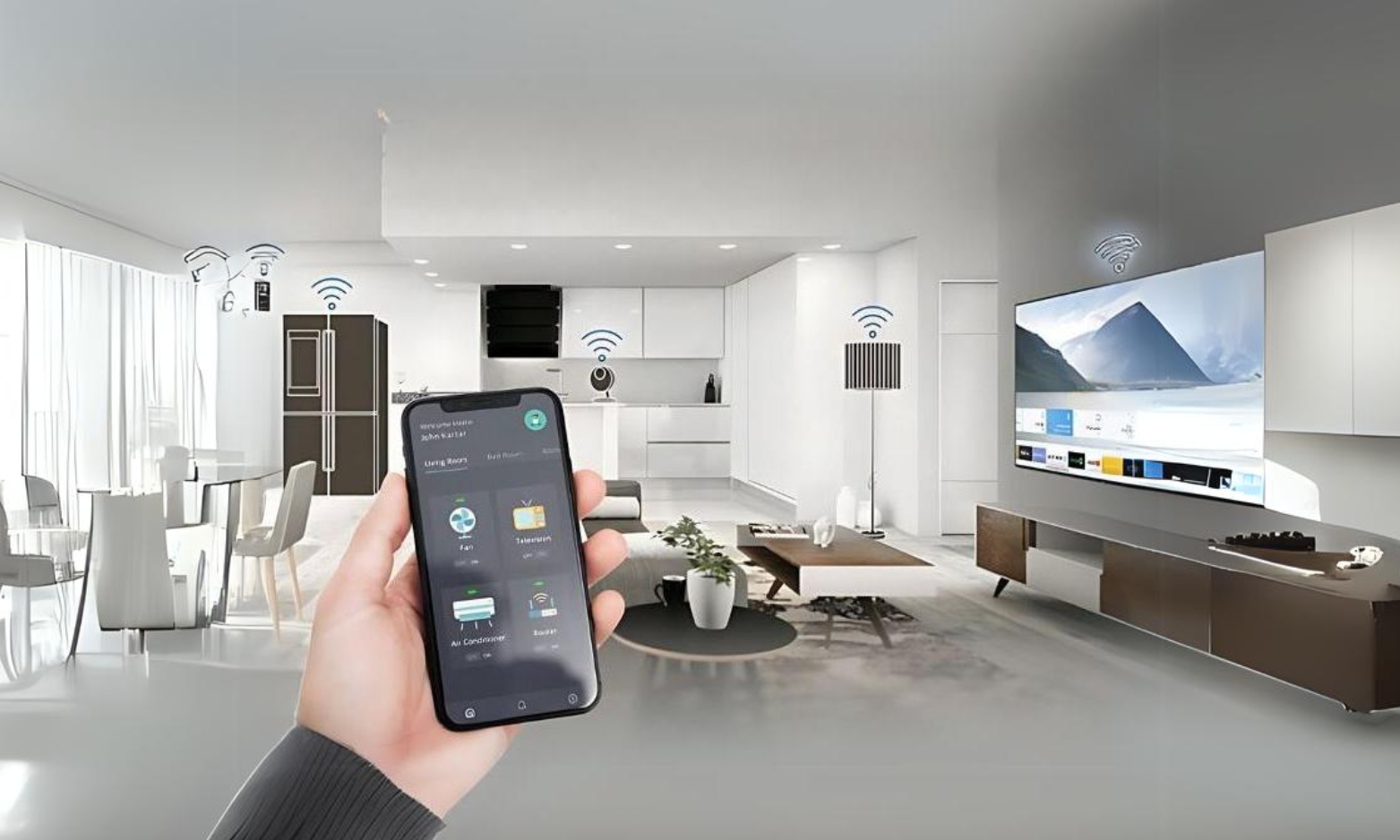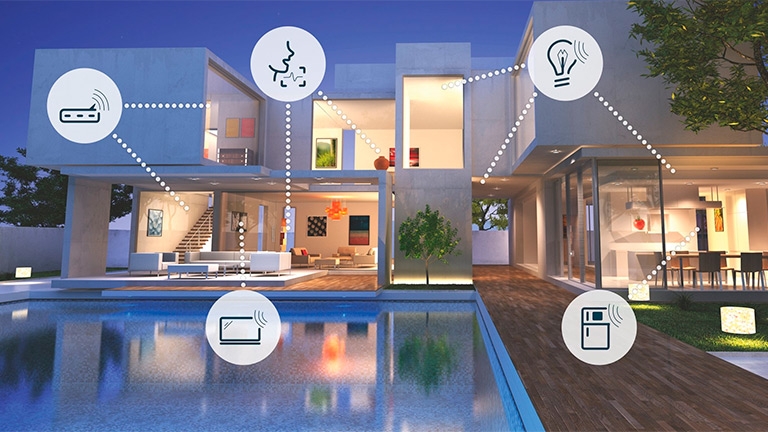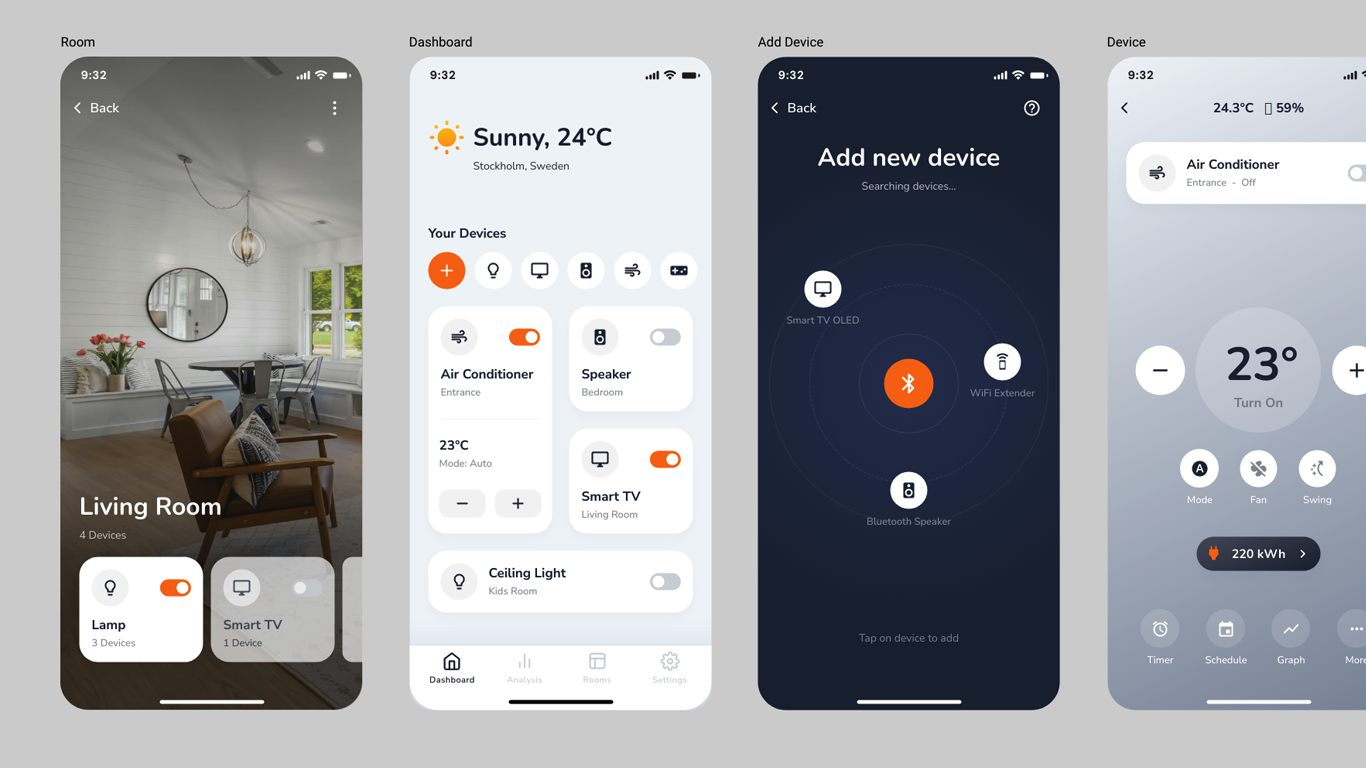In the age of digital transformation, the lifestyle service industry is undergoing a quiet but powerful revolution. What was once considered “housekeeping” — basic cleaning, maintenance, and domestic assistance — has evolved into comprehensive smart home management.
Technology, automation, and personalized service are redefining how we live, maintain our homes, and experience comfort. The modern consumer no longer just wants cleanliness; they expect efficiency, customization, and intelligent coordination that aligns with their digital lifestyles.
This article explores how traditional housekeeping services are evolving into smart home management ecosystems, analyzing the driving forces, technological enablers, and future directions of this fast-growing sector.

I. From Traditional Housekeeping to Intelligent Living
1. The Evolution of Home Services
Housekeeping once centered around manual labor — dusting, cleaning, and laundry. The relationship between clients and service providers was largely transactional and limited to routine tasks.
However, over the past decade, urbanization, demographic shifts, and rising disposable income have redefined customer expectations. According to IBISWorld’s 2024 Home Services Report, the U.S. home services industry surpassed $700 billion, with strong growth driven by smart home technology and premium lifestyle management.
Consumers no longer just outsource cleaning — they seek peace of mind. They want homes that are not only spotless but also safe, energy-efficient, and seamlessly managed.
2. The Shift in Consumer Mindset
The modern household is digitally connected. Smart speakers, security cameras, thermostats, and robotic vacuums have become standard. This has blurred the lines between domestic labor and tech-enabled lifestyle management.
A recent Statista survey found that 62% of American households now own at least one smart home device, and over 40% of urban families are willing to pay extra for integrated management services that include cleaning, maintenance, and digital monitoring.
In short, the focus has shifted from doing chores to optimizing home performance.
II. Technology: The Core Driver of Transformation

1. Smart Devices and IoT Integration
The Internet of Things (IoT) has revolutionized how household tasks are performed and managed.
-
Smart Vacuums & Mops: Devices like the iRobot Roomba and Roborock automatically map rooms, avoid obstacles, and self-empty trash bins.
-
Connected Appliances: Refrigerators now track expiration dates, ovens suggest recipes, and washing machines adjust detergent levels automatically.
-
Home Monitoring Systems: AI-driven cameras and sensors detect leaks, monitor air quality, and alert homeowners of potential hazards.
For service providers, IoT devices create new opportunities for remote monitoring and predictive maintenance. Companies can now anticipate customer needs — like scheduling cleaning when dust levels rise — rather than waiting for requests.
2. Artificial Intelligence and Automation
AI has elevated home management from reactive to proactive. Machine learning algorithms analyze data from sensors, habits, and historical patterns to offer predictive cleaning, energy optimization, and personalized routines.
For example:
-
AI-powered platforms such as Tody and Homeaglow AI schedule chores based on occupancy patterns.
-
Smart assistants like Alexa, Google Home, and Apple HomeKit coordinate lighting, security, and cleaning schedules through voice or app commands.
-
Some emerging services even use AI concierge systems to combine domestic help, pet care, and home maintenance into a single subscription.
This technological convergence allows housekeeping to evolve into smart home orchestration — managing the home as an intelligent ecosystem.
III. Human + Technology: The Hybrid Service Model

While automation enhances convenience, human expertise remains irreplaceable. The most successful lifestyle service companies are adopting a hybrid model — combining technology’s precision with human empathy and adaptability.
1. The Rise of “Smart House Managers”
In major U.S. cities like Los Angeles, New York, and Austin, a new profession is emerging: the Smart House Manager. These professionals go beyond traditional cleaning. They:
-
Oversee IoT systems and troubleshoot connectivity issues.
-
Coordinate with digital maintenance platforms.
-
Manage home energy efficiency and security systems.
-
Provide concierge-style service, from scheduling deliveries to managing smart locks.
This role symbolizes the industry’s upgrade — from manual service to digital lifestyle management.
2. Personalized and Subscription-Based Models
AI platforms have enabled service personalization at scale. Customers can now subscribe to customized home care plans that adapt to their lifestyle — for example:
-
Weekly cleaning + monthly appliance maintenance.
-
Seasonal HVAC inspection + plant care.
-
Smart home device updates and troubleshooting.
Companies like Handy, Tidy, and Hello Alfred are already integrating these offerings into subscription ecosystems, allowing users to manage multiple services through a single app.
IV. Sustainability and the Eco-Friendly Home Revolution
The shift toward smart home management isn’t just about convenience — it’s also about responsibility. Consumers increasingly demand eco-friendly, sustainable living solutions.
1. Energy Efficiency and Smart Monitoring
Smart home technologies can reduce energy use by up to 30%, according to the U.S. Department of Energy.
AI-driven thermostats like Nest and Ecobee learn homeowners’ habits and adjust temperatures automatically, while smart plugs and lighting systems prevent energy waste.
2. Green Cleaning and Waste Reduction
Service providers are also pivoting toward eco-certified cleaning products and zero-waste operations.
Companies such as Grove Collaborative and CleanChoice Energy are gaining traction by combining sustainable products with digital scheduling platforms — proving that tech and eco-consciousness can coexist.
3. Circular Economy in Home Services
Future smart home management could embrace circular economy models, where appliances are monitored for performance, maintained for longevity, and recycled responsibly. This approach not only minimizes waste but also aligns with growing ESG (Environmental, Social, Governance) expectations in the service industry.
V. Challenges and Opportunities Ahead
Despite its potential, the road to full smart home integration comes with challenges.
1. Privacy and Data Security
Smart devices continuously collect data — from voice commands to home activity. Without strict privacy controls, this can lead to misuse or breaches. A 2025 Pew Research study showed that 58% of smart home users worry about unauthorized data access.
To address this, companies must prioritize encryption, transparency, and user consent.
2. Workforce Reskilling
Traditional housekeeping roles need transformation. As automation expands, workers require digital training — learning to operate smart systems and manage customer platforms. Governments and private institutions are now offering reskilling programs to bridge this gap.
3. Accessibility and Cost
Smart home technology remains expensive for lower-income households. The challenge for industry leaders is to democratize access, ensuring that technology enhances life for all, not just the affluent few.
VI. The Future of Lifestyle Services: A Connected, Intelligent Home
Looking forward, the integration of AI, robotics, and IoT will make smart home management the new standard of living.
Future innovations may include:
-
Predictive Home Maintenance: AI identifies and fixes issues before they occur.
-
Emotional AI Companions: Robots that provide companionship and monitor well-being for seniors.
-
Fully Automated Cleaning Ecosystems: Drones and smart vacuums collaborating autonomously.
Ultimately, this transformation is about empowerment — enabling individuals to live more comfortably, sustainably, and intelligently. The home is no longer just a space to live in; it’s a dynamic, responsive environment designed to adapt to our needs.
VII. Conclusion: Redefining the Modern Home Experience
From housekeeping to smart home management, the evolution of lifestyle services mirrors a broader societal shift — from manual to intelligent, transactional to experiential, and reactive to proactive.
As AI, automation, and sustainability converge, the home becomes not only cleaner but also smarter, safer, and more human-centered.
The path forward for the industry lies in balance — leveraging technology to enhance human well-being while preserving the personal touch that defines true service.
In the era of smart living, the future of housekeeping isn’t just about maintaining homes — it’s about managing life itself.
